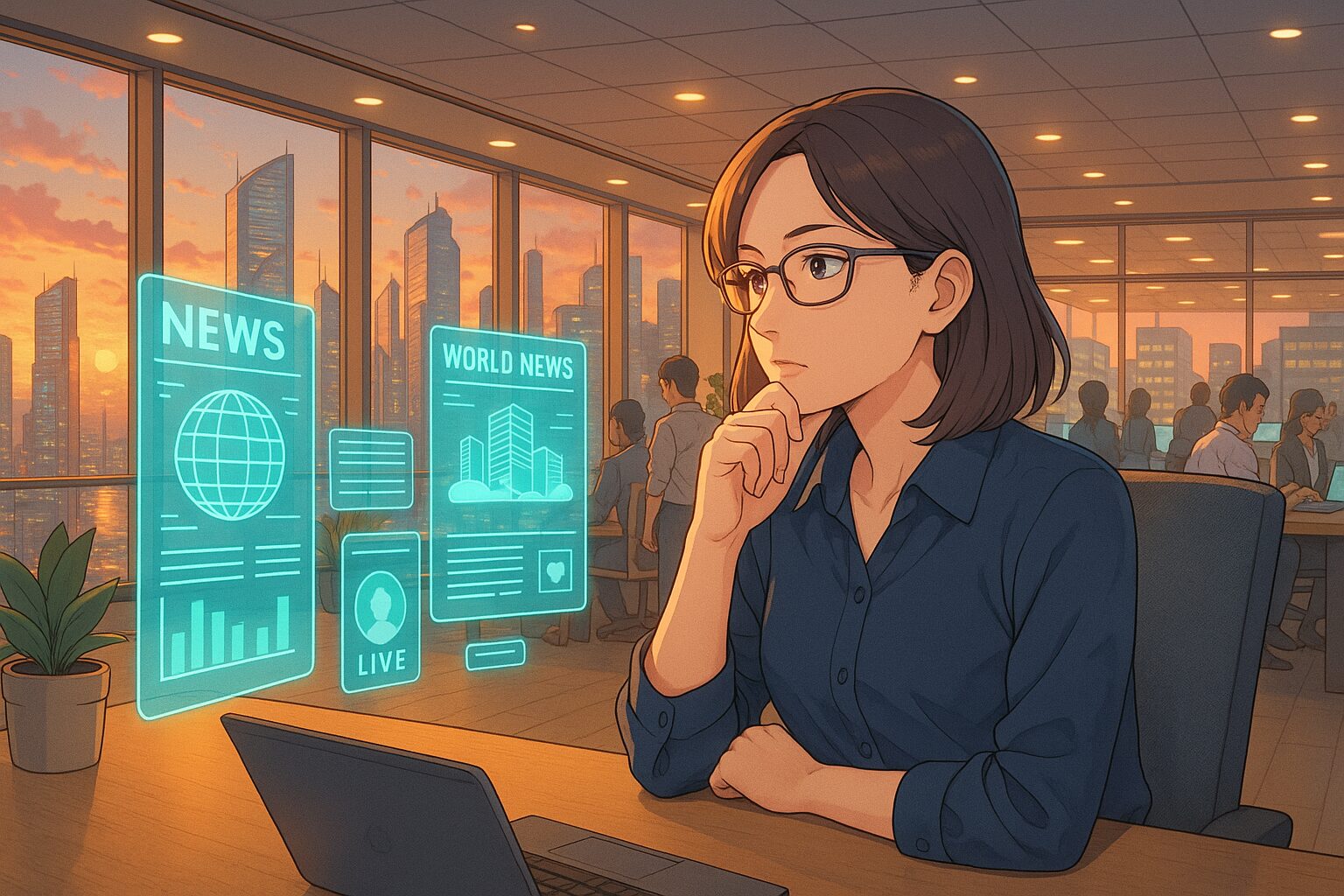Let’s consider how the ongoing smart city projects in Vietnam might change our urban lives. If this project is successful, what will urban living look like?
1. Today’s News
Source:
Huge Vietnam smart city backed by Japan’s Sumitomo moves forward
Summary:
- Japan’s Sumitomo Corporation has started construction of a $4.2 billion smart city near Hanoi, the capital of Vietnam.
- The project had been delayed for a long time but has finally gained momentum.
- It is progressing as a substantial investment in Vietnam’s real estate sector.
2. Considering the Background
With an increasing concentration of population in urban areas, sustainable urban development is being sought. Smart cities aim for efficient energy use, advanced transportation systems, and improved quality of life for residents. This project is an attempt to create an environmentally friendly future by leveraging technology. Why is this project being advanced in Vietnam now? The backdrop includes rapid economic growth and urbanization.
3. What Does the Future Hold?
Hypothesis 1 (Neutral): A Future Where Smart Cities Become the Norm
As smart cities increase, urban standards will change. Directly, technology will be utilized in various aspects of life. Subsequently, other cities may strive to become smart as well. As a result, the digitization of urban life will progress, possibly shifting our values towards prioritizing “convenience and efficiency.”
Hypothesis 2 (Optimistic): A Future of Significant Development for Smart Cities
If smart cities succeed, urban life will become even more comfortable. Immediate changes will include reduced traffic congestion and energy consumption issues. Eventually, regional economies will invigorate, leading to increased job opportunities. Ultimately, the quality of life for people may improve, with heightened expectations for a sustainable society.
Hypothesis 3 (Pessimistic): A Future Where Traditional Urban Life is Lost
The introduction of smart cities will drastically change the face of cities. Directly, traditional streetscapes and lifestyles may alter. Subsequently, a society dependent on technology may advance, reducing direct interaction among people. Ultimately, there is a risk that regional cultures and uniqueness will diminish, resulting in uniform urban environments.
4. Tips for Us
Thought Perspective Tips
- Maintain a perspective that considers “not just convenience, but what we want to preserve.”
- Be conscious of how to choose to use technology in our daily lives.
Small Practical Tips
- Do not overly rely on technology; try participating in local culture and community activities.
- Learn about smart cities and share information with those around you.
5. What Would You Do?
- In a world where smart cities have become the norm, what kind of life would you choose?
- What do you prioritize: convenience or tradition?
- If you live in a smart city, what features would you want?
What kind of future have you envisioned? Please share your thoughts through comments or on social media.









